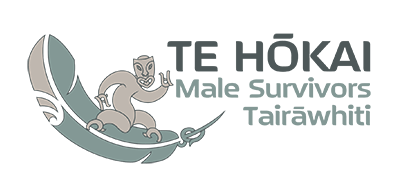MANY Kiwi males never talk about the sexual abuse they have suffered and there are many reasons for that, says Wellington male sexual abuse agency Mosaic-Tiaki Tangata.
It might be the depth of their trauma, or it might be because they are scared they won’t be taken seriously.
Whatever the reason, Mosiac says it’s important to dispel some of the myths around the sexual abuse of males so they can step forward and get the support they need.
So to help do that, here’s some facts from the Mosiac research unit:
FACT: Males can be, and are, sexually assaulted every day. It can happen to any male regardless of his sexual orientation, size, strength, appearance, occupation, race or culture, and it can happen just about anywhere a perpetrator thinks he can get away with it.
FACT: Both heterosexual and gay males are sexually assaulted and while the incidence is slightly higher for gay victims, that is largely due to gay men being the targets of anti-gay violence perpetuated by other men.
FACT: The majority of male offenders who sexually abuse or assault other men identify themselves as heterosexual. Sexual assault is usually more about violence and anger than it is about lust or sexual attraction.
FACT: Although premature sexual experiences often cause profound emotional damage to boys, most male survivors don’t repeat the abuses that happened to them.
FACT: Women can and do sexually abuse and assault men, but it rarely gets reported by the survivor. And if you include emotional blackmail as a way of forcing a male to submit to sexual assault, then the number of crimes greatly increases.
FACT: Getting an erection or ejaculating during sexual abuse is a normal, involuntary response and does not mean the guy wanted or consented to it.
FACT: If the perpetrator is a woman, a boy or teenager has not been been “initiated” into the exciting world of sex. That kind of experience is all about control and domination, not gratification and pleasure and can cause confusion, anger, depression and other problems.
The truth, Mosiac says, is that recovery from the trauma of sexual abuse or assault is real, and it can be yours.
If you’re a survivor, or the loved one of a survivor, don’t try to go it alone. You don’t have to.
